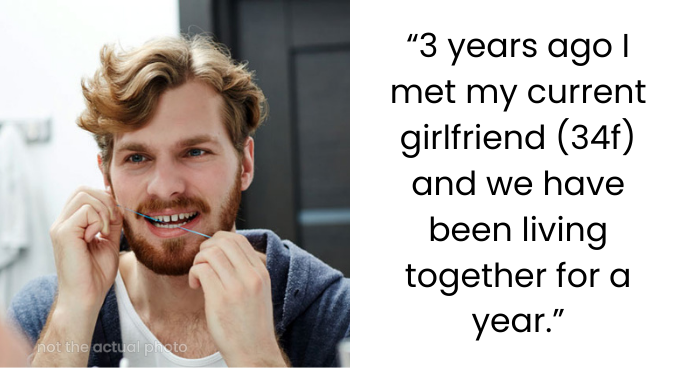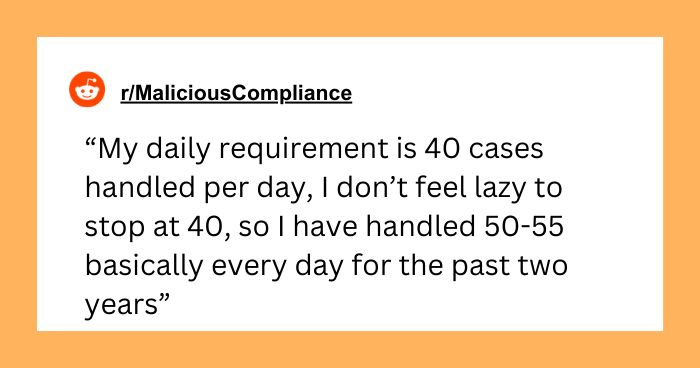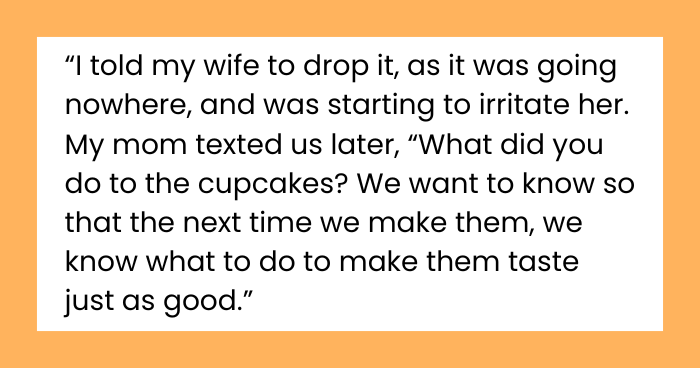“They Made My Life Hell”: A Teen Mom’s Struggle and Her Father’s Dying Regret
Introduction
Teen pregnancy is never easy. It often comes with judgment, challenges, and a feeling of being misunderstood. For one young woman, however, becoming pregnant at 16 was not just about navigating motherhood—it was about surviving complete rejection by her own parents. Instead of offering love and guidance, they abandoned her, tried to take her child away, and left her to fight for herself.
Years later, when her father was diagnosed with a terminal illness, he reached out in regret. But she chose not to reconcile. Her story is a powerful reminder that sometimes protecting your peace is more important than forgiving those who hurt you.

A Painful Beginning
At just 16, she discovered she was pregnant. While some families rally around their children in such moments, hers did the opposite. Her parents disowned her, made repeated attempts to report her to authorities, and even tried to have her child taken away.

What should have been a vulnerable time filled with support became a nightmare. She was forced to step into adulthood with no safety net, no guidance, and no one to lean on but herself. Her parents’ rejection left deep scars that years of independence could not erase.
A Young Mother’s Strength
Despite overwhelming odds, she kept going. She gave birth, raised her daughter, and fought through the challenges of being a single parent. With each passing year, she grew stronger and more determined.

Her journey wasn’t easy—working odd jobs, managing sleepless nights, and facing constant criticism from outsiders. Yet she did what her parents did not: she showed up for her child every single day.
Through this, she built a life defined not by abandonment, but by resilience.

A Father’s Last-Minute Regret
Years later, life threw an unexpected twist. Her father was diagnosed with a terminal illness. Suddenly, the same man who had turned his back on her wanted to reconnect. He wanted to meet his granddaughter, apologize, and spend his last days as part of their lives.

But the pain of his past choices was too deep. His attempts at reconciliation came far too late. For her, the memories of being abandoned as a scared teenager could not be erased by a few words of regret. She made the difficult decision to say no—to protect herself and her daughter from being hurt again.
Why She Said No
Many would argue that forgiveness is noble, especially when someone is near death. But forgiveness is not owed—it’s a choice.

For this young mother, the idea of reconciling wasn’t healing—it was retraumatizing. She remembered the phone calls to child services, the custody battles, the cruel words. She remembered the loneliness of being a teenage girl, crying herself to sleep because the people who should have loved her most were nowhere to be found.

Reconciliation, to her, would mean ignoring all of that pain. And she refused to do so.
The Internet’s Reaction
When she shared her story online, thousands of people weighed in. The response was overwhelmingly supportive. Strangers validated her choice, reminding her that forgiveness is not a requirement—especially when the wound is still fresh.

Many agreed that her father’s regret, while human, did not erase the damage he had done. Others pointed out that reconciliation must be earned, not demanded, and that his illness did not entitle him to her presence.
For once, she felt seen and understood by a community that recognized her pain.
The Bigger Picture: Teen Pregnancy and Abandonment
Her story resonates because it highlights a broader truth: many teenage mothers face abandonment. Parents who disapprove of their child’s choices sometimes respond with anger, ultimatums, or even outright rejection.

This abandonment doesn’t just hurt emotionally—it can create lasting consequences. Young mothers often face:
- Educational setbacks: Many drop out of school due to lack of support.
- Financial hardship: Without family help, they struggle to provide for themselves and their children.
- Mental health struggles: Feelings of shame, loneliness, and depression are common.
What this young woman endured is part of a larger cycle faced by many teens who choose to parent. But her story also proves that even without family, strength and resilience can prevail.

Stories of Hope
While her parents abandoned her, she wrote her own story of survival. She raised her daughter with love, providing the stability she never received herself. She created a new definition of family—one rooted in trust, care, and presence.

Her journey serves as hope for others who might feel alone. It shows that while support makes the path easier, determination can still carry you through. And perhaps most importantly, it demonstrates that young mothers can—and do—build bright futures despite the odds stacked against them.
Lessons From Her Journey
- Boundaries Are Healthy
Sometimes the most powerful act of self-love is saying no. Refusing to reconcile wasn’t cruelty—it was protection. - Forgiveness Is Not Obligatory
While some choose to forgive for their own peace, no one is required to forgive just because someone asks. - Support Systems Are Crucial
Teen parents need compassion, not punishment. With community support, many thrive. Without it, they are often left to struggle. - Resilience Is Powerful
Her ability to raise her child, create a life, and maintain her boundaries proves how strong young mothers can be.
Conclusion
This young woman’s story is heartbreaking, but also inspiring. It’s about a girl who was abandoned at her most vulnerable moment, yet who found strength within herself to raise her child and stand tall.
Her father’s regret came too late. His illness did not erase the years of cruelty or neglect. And while reconciliation might have comforted him, it would have reopened old wounds for her. She chose instead to protect herself and her daughter—a decision that shows courage and self-respect.
In the end, this is not just a story of teen pregnancy or family betrayal. It’s a story of survival, boundaries, and the power of saying: “I will not let you hurt me again.”







